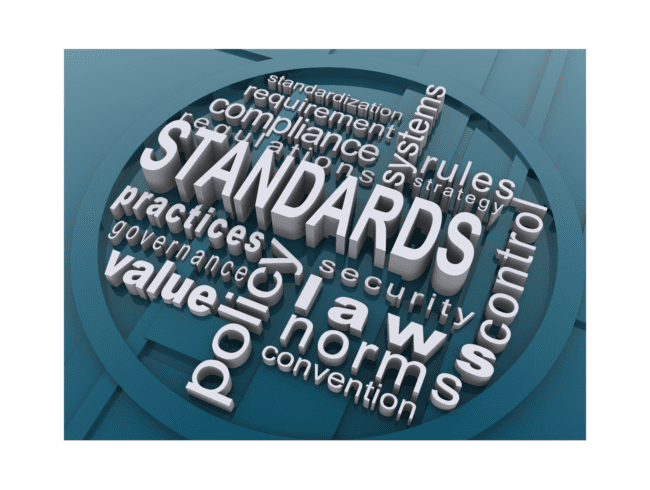Breaking news: New CDISC standard from 15 March 2023: obligation to follow the new SDTMIG v3.3 standard
ATLANSTAT has already adapted to the new version of SDTMIG (v3.3) required for submission to the American authorities (FDA)! Our databases will follow the SDTM v3.3 standard and the documentation the Define-XML v2.1 standard.
The package sent to our customers is validated in accordance with our internal procedures. This validation provides proof that the database and documents comply with the various standards, and that the raw data has been correctly transformed into the SDTM format.
ATLANSTAT CDISC Gold member
As a member of the CDISC organisation for several years, ATLANSTAT’s staff are always up to date with the latest developments in the various CDISC standards.
Thanks to the experience acquired over several years, various models and tools have been developed in-house to facilitate the implementation of the SDTM database and the associated documentation (Define.XML).
The Data Managers within ATLANSTAT are responsible for setting up this SDTM database. They are as close as possible to the raw data: they are responsible for its complete management, from the implementation of data collection to the verification of its consistency.
They are therefore in the best position to build up the database according to the SDTM model.
CDISC SDTM Standard: Formatting clinical data
The CDISC (Clinical Data Interchange Standards Consortium) is an international not-for-profit organisation whose aim is to develop and promote standards for the exchange of clinical data. One of the standards developed by CDISC is the SDTM (Study Data Tabulation Model), which has become a de facto standard in the pharmaceutical industry for the exchange of clinical data.
The SDTM is a standardised data model for the exchange of clinical data between different parties, such as pharmaceutical companies, regulatory authorities and clinical research organisations. The SDTM provides a standardised structure for the organisation, description and exchange of clinical data, enabling more efficient data comparison and analysis.




